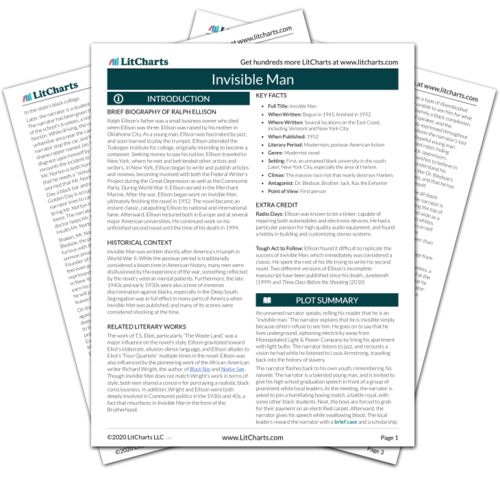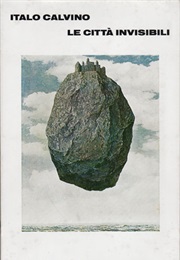


"It is not the voice that commands the story it is the ear.” Marco Polo Polo wants to preserve his memory of his hometown by telling stories about other cities without explicitly mentioning Venice, as he fears that he will forget the city when he puts his memories in words. Marco Polo presents this confession in the middle of his conversation with the emperor, therefore marking the center of structural symmetry. “Every time I describe a city, I am saying something about Venice.” Marco Polo the connections between people, which, however, go unnoticed. “There runs an invisible thread that binds one living being to another for a moment, then unravels, then is stretched again between moving points as it draws new and rapid patterns so that at every second the unhappy city contains a happy city unaware of its own existence.” Marco PoloĮven though the emperor seems to have lost all hope for humanity, and is willing to accept its gloomy fate, Marco Polo tries to direct his attention to the positive things in between all miserable dwelling, i.e. In his opinion, his empire is too big to be governed effectively, thus giving way to destructive traits of its inhabitants. The emperor reveals his disillusionment and pessimistic outlook on the future of humanity. “It is the desperate moment when we discover that this empire, which had seemed to us the sum of all wonders, is an endless, formless ruin, that corruption’s gangrene has spread too far to be healed by our scepter, that the triumph over enemy sovereigns has made us the heirs of their long undoing.” Kublai We are thankful for their contributions and encourage you to make your own. These notes were contributed by members of the GradeSaver community.


 0 kommentar(er)
0 kommentar(er)
